Meet Jon Fredette | Composer & Sound Designer
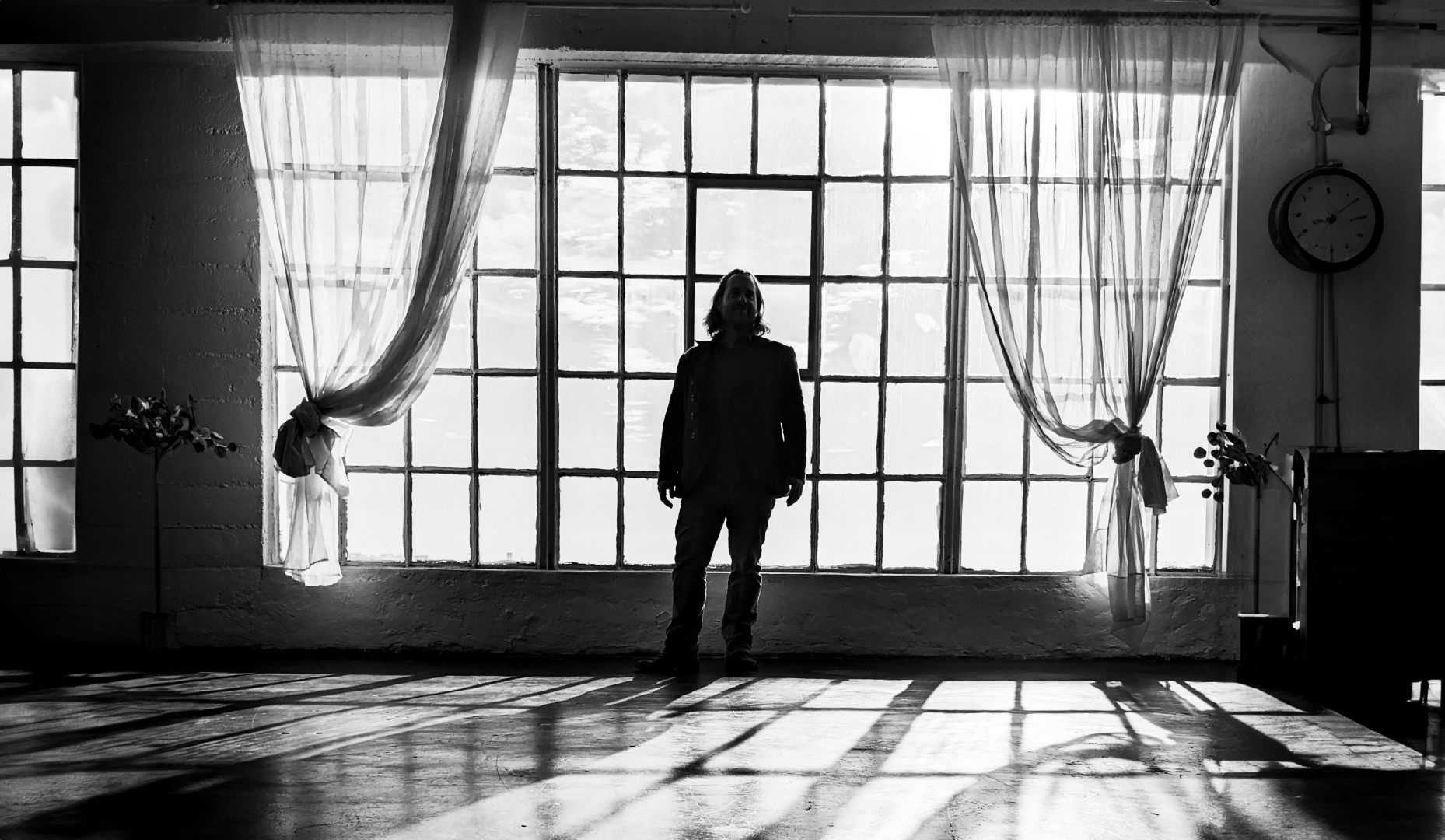
We had the good fortune of connecting with Jon Fredette and we’ve shared our conversation below.
Hi Jon, how has your work-life balance changed over time?
The balance between work and life, for me, is a top priority. There are too many activities (cooking, exercising, daydreaming, writing) that I enjoy more than stressing over deadlines, emails, egos, or the concept of extreme immediacy that has leached into every aspect of modern life since the advent of the smartphone.
Don’t misinterpret; I enjoy what I do, and doing it well gives me a profound feeling of contentment and satisfaction, but that has little influence over who I am. I very much approach work as an aspect of my life and not the linchpin of my identity. Overworking, double-booking, and losing sleep over projects rarely results in a better product, and I would prefer that I am viewed by the quality of the product that I produce rather than merely the quantity of it. The times in my life where work inundated every waking moment were not enjoyable. I don’t eat well, I don’t sleep, my relationships suffer, my creative projects suffer, and it takes a while for me to find homeostasis again after such a spell. I find that I am a happier and more productive person with, pardon the design metaphor, whitespace to cushion my daily pursuits. I find adaptability to be the most useful intellectual resource that I have acquired over my creative career, and one cannot be adaptable if one always feels as if they are behind.
When I started out (fresh out of college), I was so eager to please everyone all the time, to work myself to the bone to “pay my dues”, and sacrifice other, more important areas of my life in pursuit of money and to build a reputation. I took on a lot of work that I wasn’t comfortable with and that wasn’t in my wheelhouse just to keep momentum going. A lot of the time, I was miserable. Failure constantly weighed on me, and when a job ended, all I could think about was when the next job would come. I couldn’t enjoy time off when I got it, and I would actively “be available” just in case something came up so I could pounce on it and stay busy. It took a lot of time for me to deprogram myself from that mindset. Now when I accept work I can focus solely on it, and not what is coming down the pipeline, not worry about tomorrow or being driven by the fear of failure. I can just focus on the task at hand. I’m happier, and the client is happier, too.
Do I feel as though I could be more efficient? Dominate the world with my brand? Or that I am missing out on great opportunities? Of course. As in all things design, process and workflow are paramount elements. And even a well-oiled and streamlined machine breaks down if care and balance is not maintained within the constituent parts. Each person has to do what is right for him/her/them, and I’ve found that I am most efficient at work when I am capable of going for a walk in the middle of my workday, being able to do the laundry, step away and make dinner, or make a cup of tea and ponder the age of the palm tree outside of my window for five or ten minutes.
You can put a price on your abilities, your time, whatever product you produce. That’s easy.
I’ve always found that putting a price on me comes at a much higher cost. And that peace of mind is invaluable.
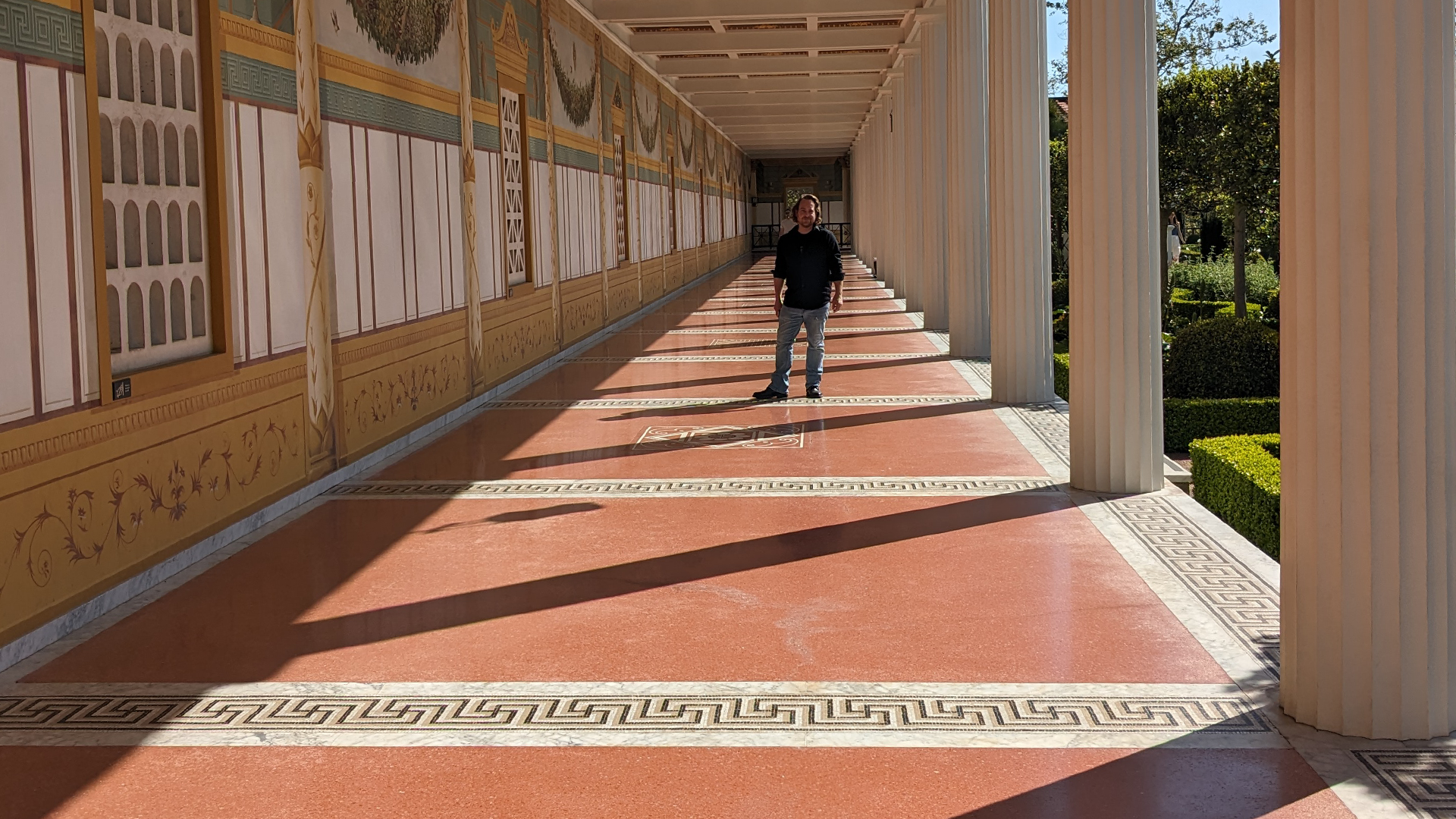
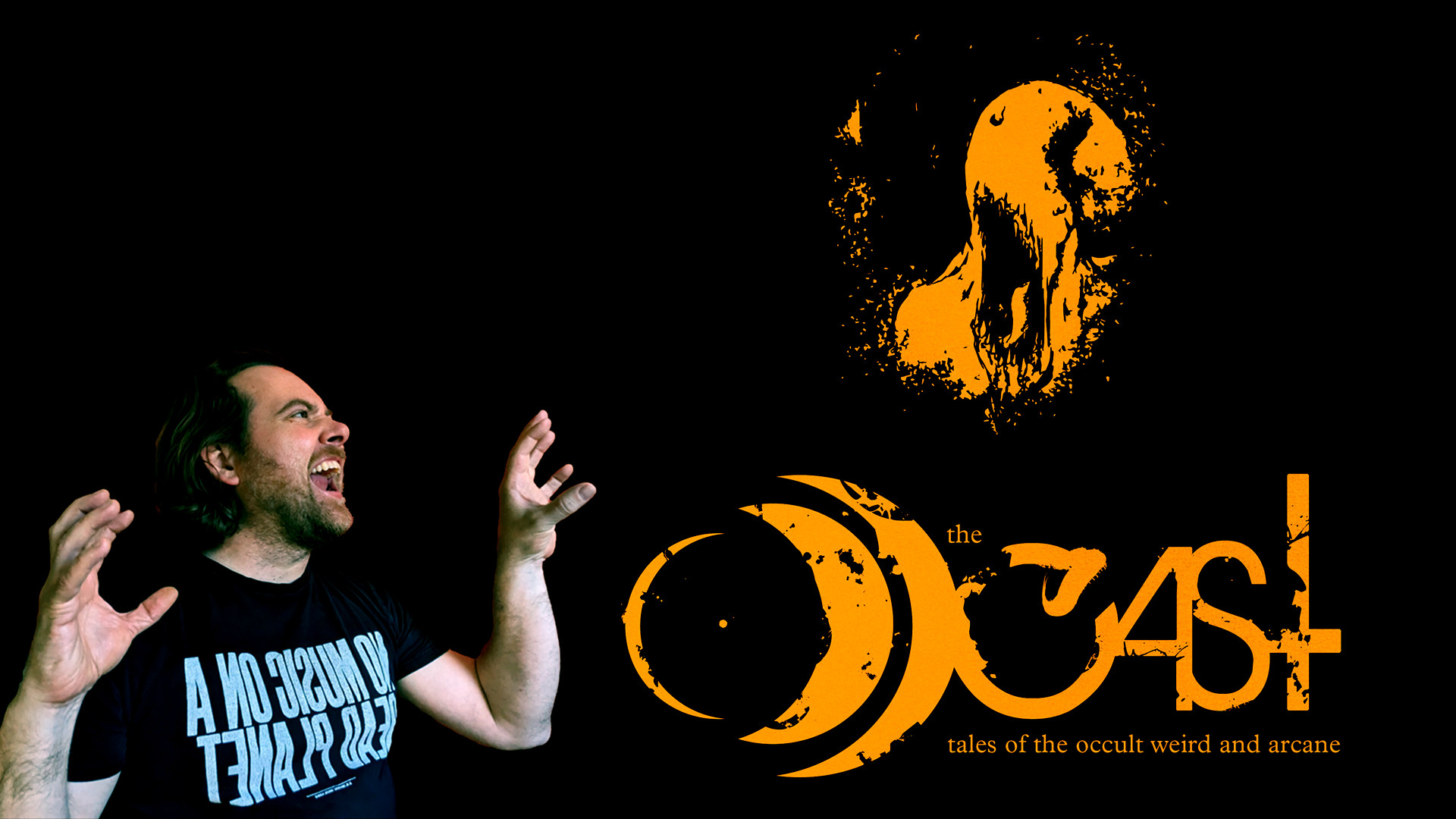
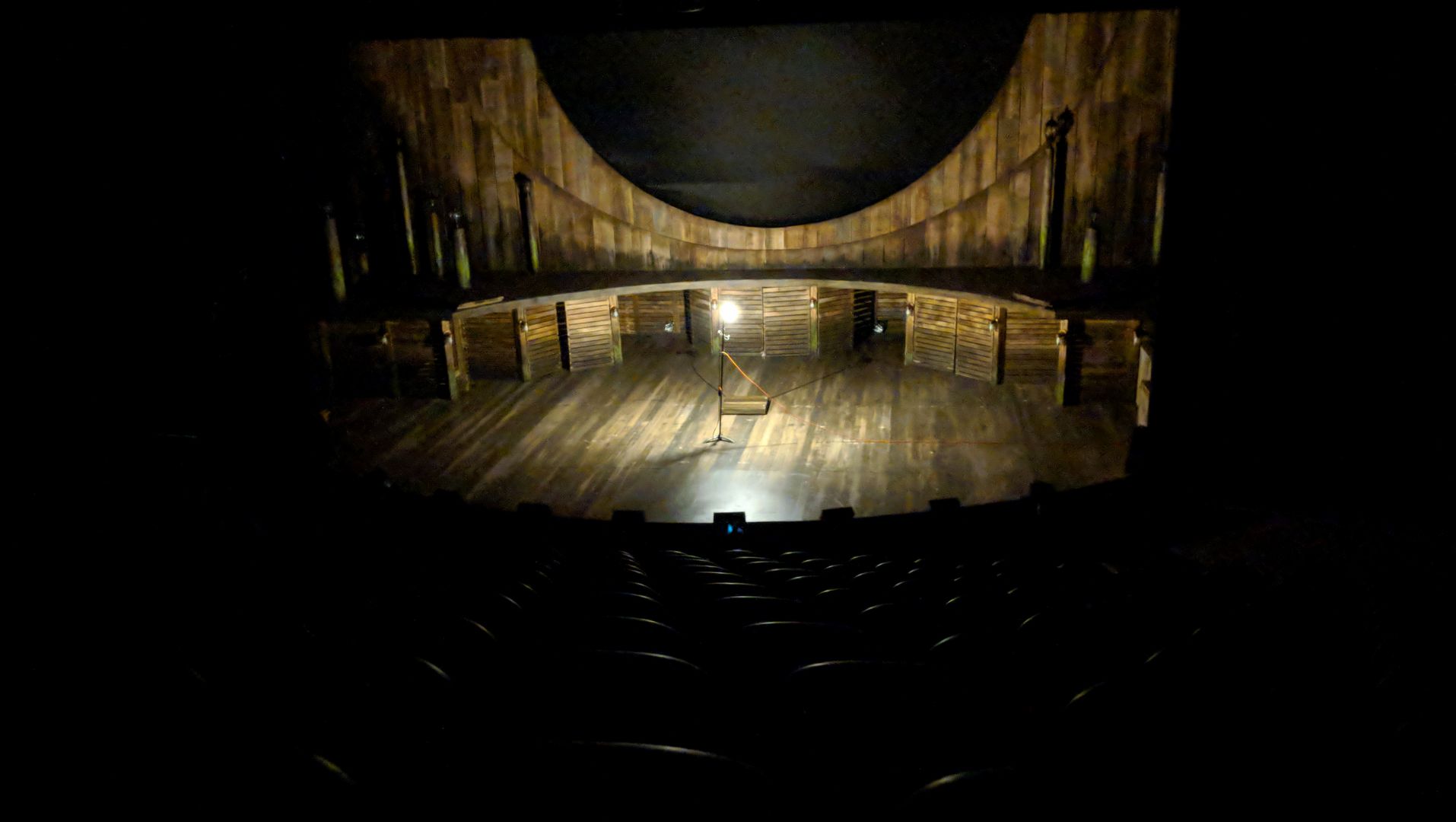
Let’s talk shop? Tell us more about your career, what can you share with our community?
As a sound designer and composer I got started later in life. Music and sound was always something that I enjoyed doing as a teen and in my twenties, but I kept it rather precious, locked away. I considered it a large part of my personality and, as naive as it sounds, I thought that if I commodified my skill, then it would lose most of its meaning. Looking back, I realize that I had the perspective of “an artist” about music and sound, and that is why it was so precious to me. My ego was inherently tethered to what I produced, and if someone didn’t like it, then it was a personal insult.
This is an extremely naive perspective. As I got older, I realized that approaching sound and music as a designer instead of an artist allowed me not only to communicate better with others but also grow more as a composer and sound creator. There is not a lot of challenge in doing what you want to do; you can challenge yourself, yes, but the highest challenges I’ve run into as a professional were always trying to interpret and deliver what others wanted. Removing your ego from a thing one does, I feel, is one of the most important steps in development as a creator and professional. I had a bit of a sea change in my perception. I no longer was focused on what I wanted or the product that was created… I focused more on the client and how satisfied they were with the product.
It’s no longer difficult for me to manifest what is in my mind (the skill of an artist), the real challenge is in aligning my perspective with that of the client and communicating with them until they have what they desire (the skill of a designer). Putting yourself aside is a much-overlooked aspect of creating but, in my experience, necessary to create the best work you can.
Other than that, I attribute whatever successes I have had professionally to, simply, being decent. I respect the time of my clients; I keep open lines of communication and I am as responsive as anyone you will find on this planet; I don’t blow people off, and I work not until the job is done, but until the client has what they want. I’m a little aloof, but I am kind, courteous, and thankful to those who assist me. At the end of the day, I’d rather be easy to work with and build a rapport with my clients. I love exceeding expectations, and I pride myself on being able to give people something that they maybe didn’t expect.
I’ve found that how you treat someone will long outlast whatever project you work on for them. I try to keep in mind that, while for me, it’s just a job… for this person it may be something they’ve been thinking about and pursuing for months, years, maybe even decades, and I try to treat their ideas and projects as carefully as I would my own.
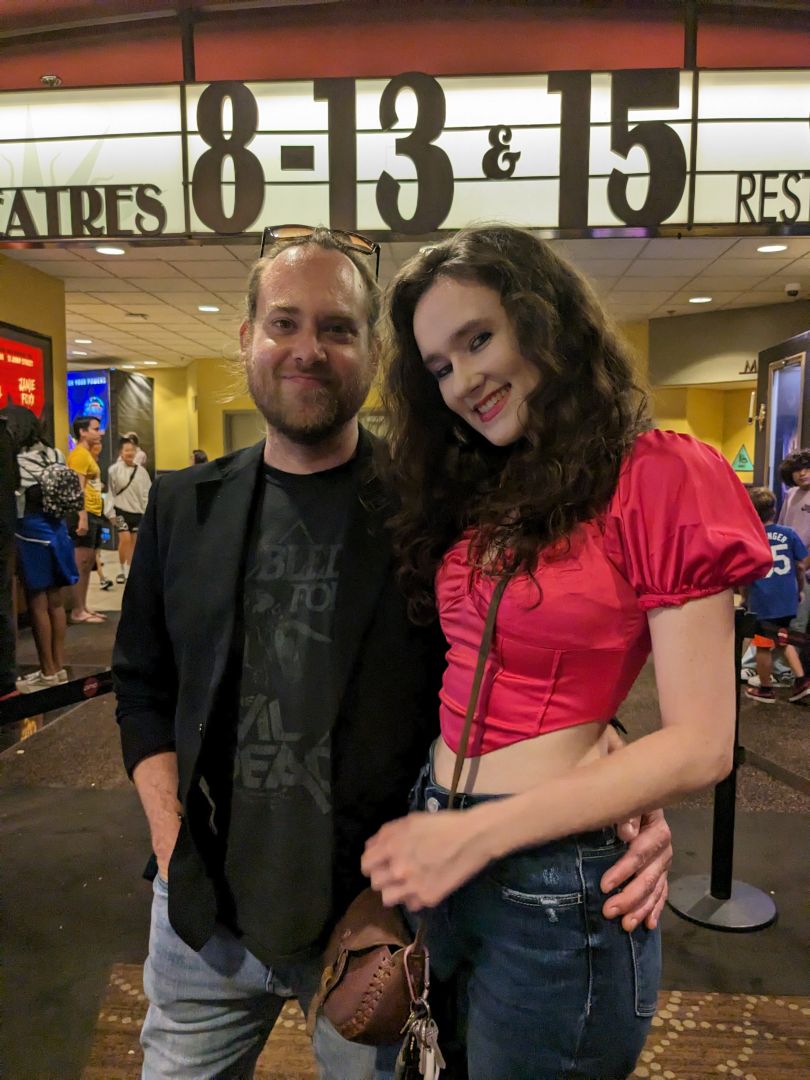
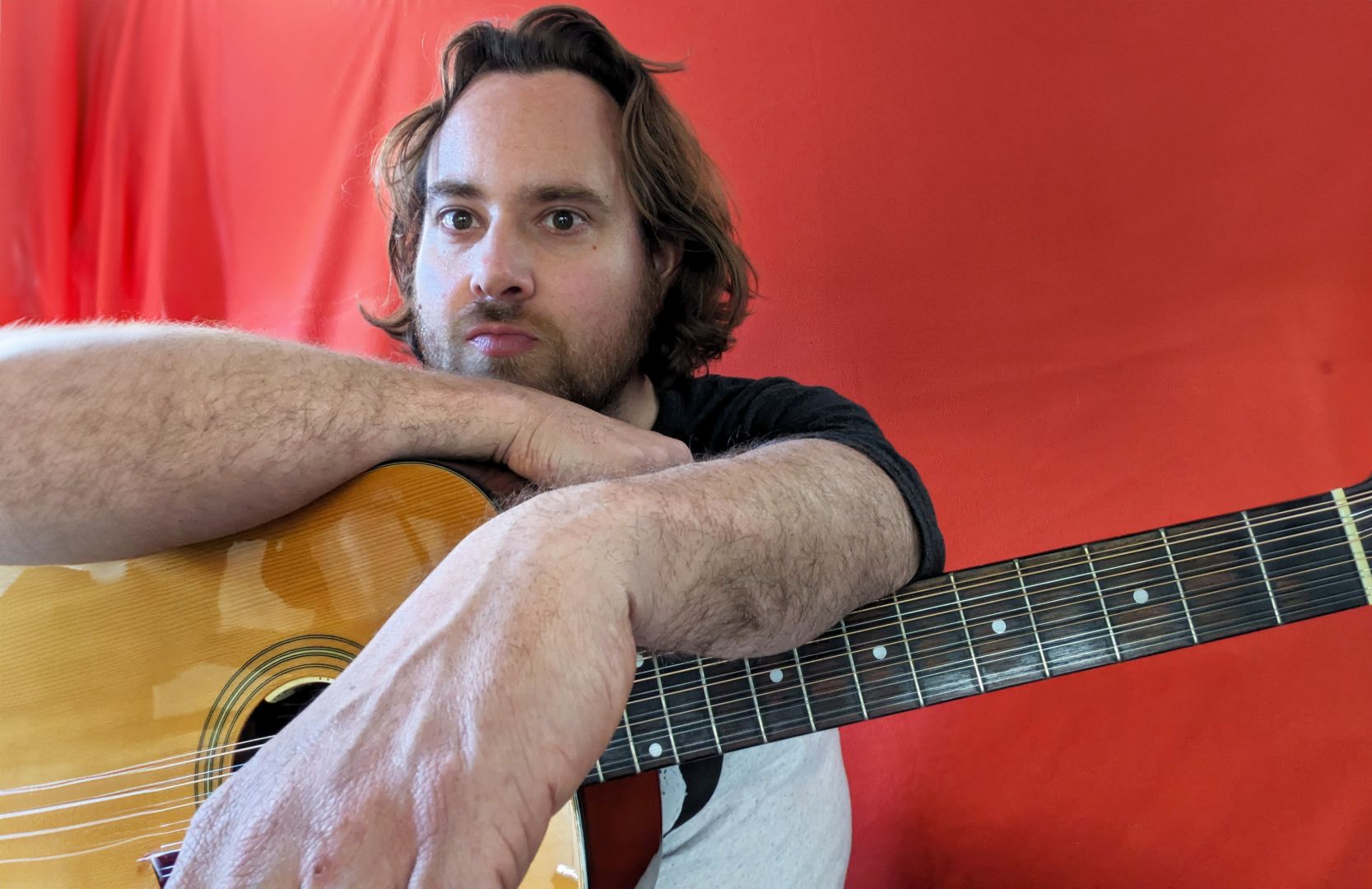
Let’s say your best friend was visiting the area and you wanted to show them the best time ever. Where would you take them? Give us a little itinerary – say it was a week long trip, where would you eat, drink, visit, hang out, etc.
I first visited L.A. in spring of 2015 with a screenwriting class trip that I snuck into (I was neither a student nor a screenwriter but that’s another story). The incomparable Ron Stacker Thompson of UNC – School of the Arts was one of the professors on the trip and after a reading of a few of the scripts at the Alan Feinstein Acting Studio, we broke off from the pack and headed across the street to a restaurant that, to this day, is the only place that anyone who comes and visits me HAS to go to. I know you said a week, but trust me on this one.
There are a lot of restaurants in L.A. and to be honest, most of them aren’t worth a lot. I mean, you’ll spend a lot of money, and you’ll feel satisfied and content with your choices, and you’ll enjoy telling people you went… but it won’t really have much of a lasting experience after that.
This particular restaurant, and I feel I have to recreate my experience a bit for it to translate accurately, seems rather ordinary and is tucked right at the rim of Ventura Blvd as it skirts down Beverly Crest toward the 405. So we walk over, crossing over Fulton Ave, it’s midday, that beautiful Southern California sun beaming down. You open the large wooden door and are immediately transported to another place and time. The lighting is at about 15% inside, and it takes your eyes around 20 seconds to transition to the dark interior. Tufted red booths, dark polished wood tables, cordial chatter (the place is somehow always occupied), and you immediately feel like you’re welcome in this space. It’s unique, original, epic in nearly every way, and the food is phenomenal. After about 40 minutes to an hour, we head to the door, quite full, a little tipsy, and immaculately pleased with our choice.
Before we open the door, Ron reaches into his jacket and pulls out a pair of sunglasses and flips them onto his face, and I give him an inquisitive look. “You’ll learn to appreciate it.” he chuckles, and opens the door and as if from the depths of the deepest chasm, a heavenly light erupts, spills forth, and surrounds every inch of your being. See? No, of course you can’t see. You’ve been embedded in seemingly the darkest nook of the universe for the better part of an hour, and much like the first troglodytes who emerged from the earth, every rational thought and sense you hold dear ejects from your brain as soon as you encounter this blinding, all-encompassing blaze of ungodly light and stagger forth back into civilization.
Casa Vega at the corner of Fulton and Ventura. Bring sunglasses and an empty belly. There’s a lot to do in LA, but I’ve always appreciated company over location, so that tends to be my priority.
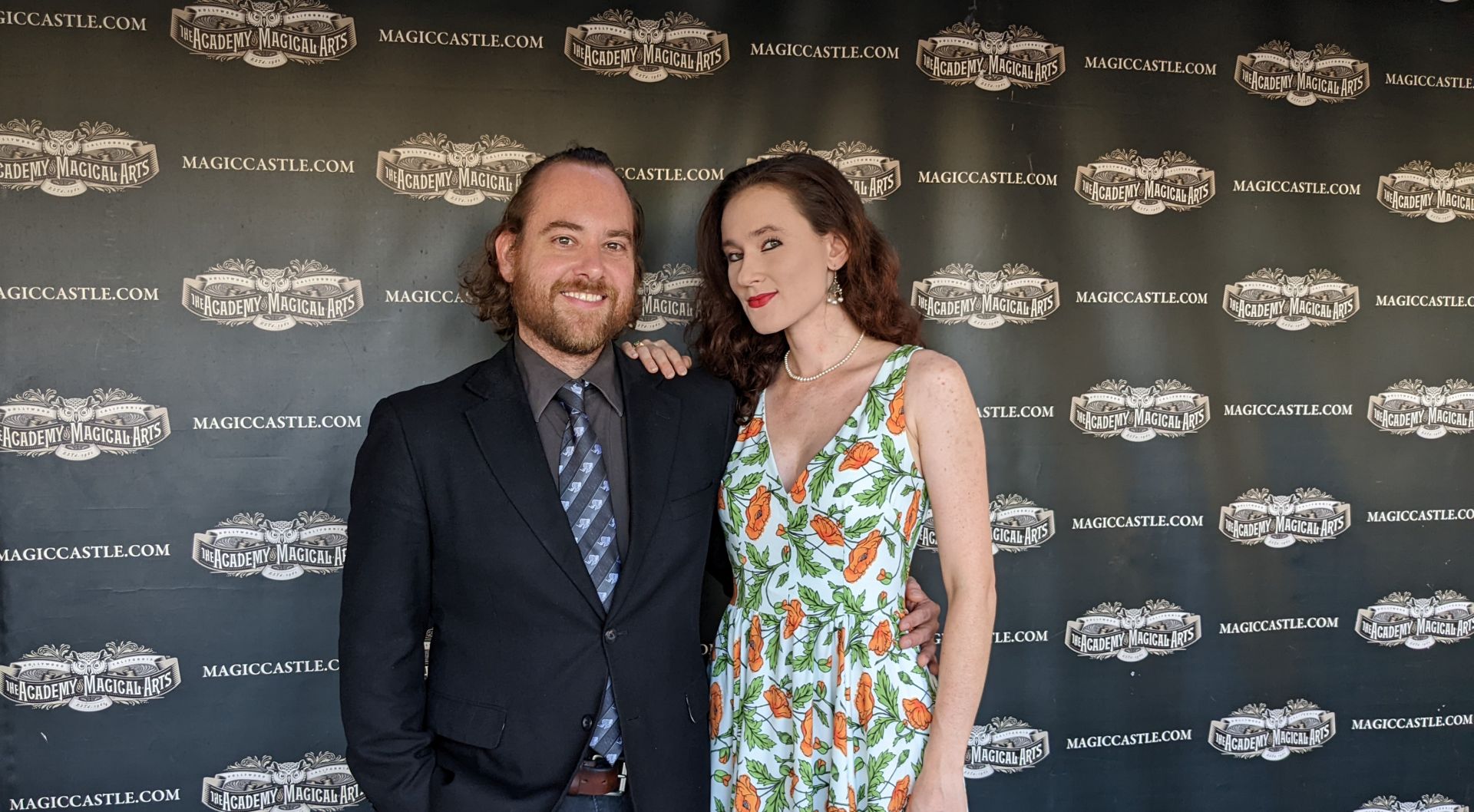
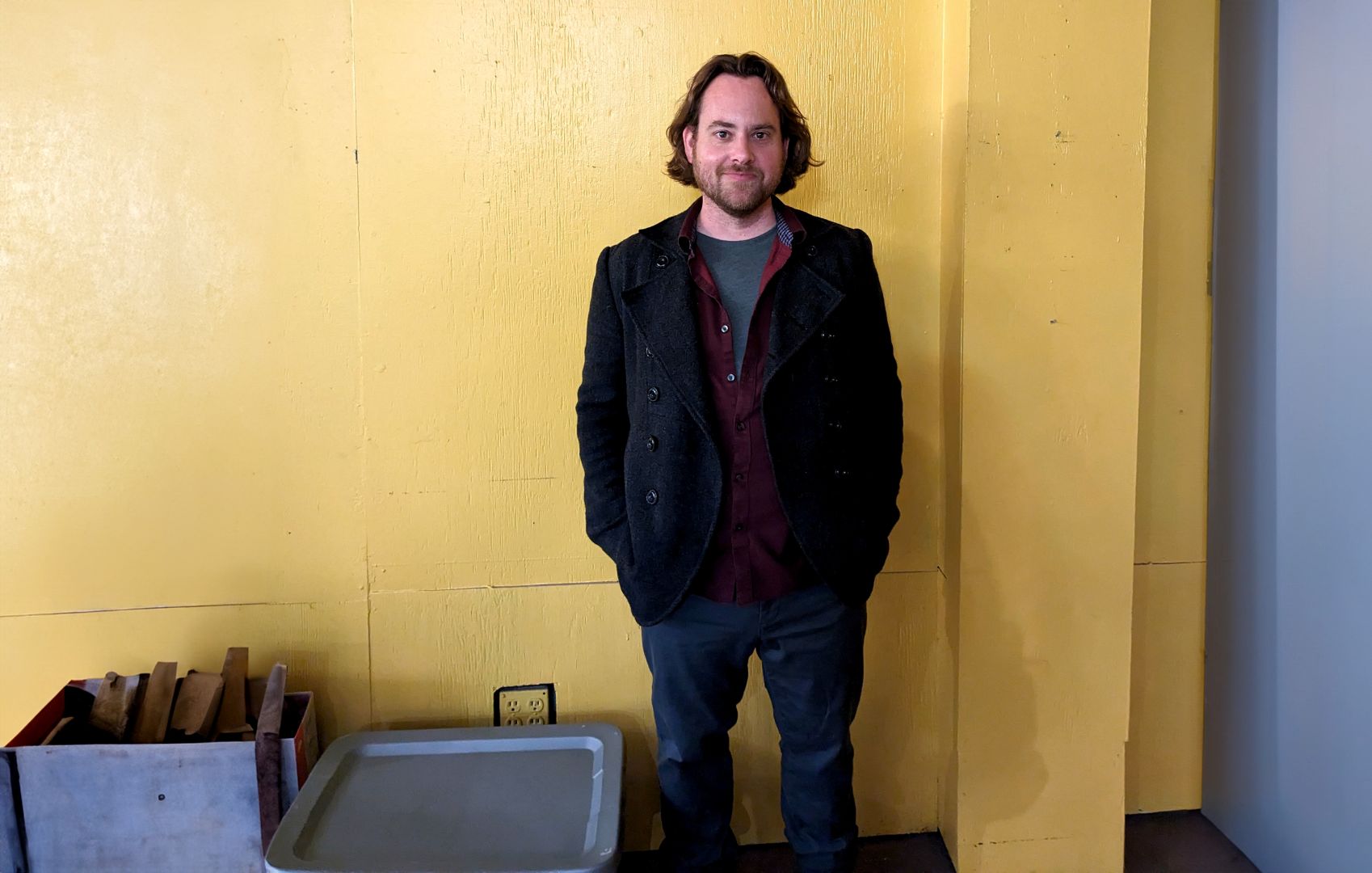
Who else deserves some credit and recognition?
It wouldn’t be a proper interview unless I thanked my mother. The question you asked about work/life balance earlier. My mother was the one who planted the seed of balance in me at a very young age (not just in work, but balance in all things). She kept me mindful of my own emotional health and constantly reminded me to step away from things if I was frustrated, to go for a walk if I was having some kind of productivity block, to realize that whatever issue I was having at the time was not who I am, not some defect in my personality, but simply an imbalance, and to correct the imbalance is to solve the problem. It was a very profound philosophy and one I think goes in complete opposition to the stereotypical (and honestly outdated) perspective of “being a man”. She taught me to embrace the intellectual approach to issues in life, and that solutions for all things are within you if you only provide yourself the proper conditions to manifest them. So, yes, my mother, Mary Joan Fredette. whose social graces and infinite wisdom I could only hope to glean a fraction of.
I tend to focus on alternative and subculture with my pursuits. So I’d like to take a second to say thanks to anyone who has ever listened to a Myriad Black album or an episode of The Oddcast: Tales of the Occult, Weird, and Arcane. Also, anyone who has ever read a script I’ve written and given me feedback. Being a bit of an offshoot from the mainstream, I don’t get a lot of feedback on the things I do, and I tend to take my time producing content these days so it upholds my own quality standards. So thank you to anyone who has reached out to say, “This helped me sleep” or “Thank you for making this” or anyone who has sent an odd buck here or there to support the podcast or my music. I would rather touch people individually and meaningfully than reach the entire world with what I produce. Most of the value in making a thing for me is to be able to look back at it from a distance, often years, and know that I was true to my vision and intention as opposed to being swayed by what a demographic or a mass audience would think. I’m not really the influencer type. I just enjoy telling stories and making music that I am proud of.
My guitar teacher from when I was a teen, Greg Euton, was maybe the sloppiest freelancer I have ever encountered in my time. I’d go in for a weekly lesson and he’d just have me bring in a song and then, there, on the spot, dissect it with his ear and just play along with it, then teach me each part. At the time it seemed like magic and watching his process really felt like I was witnessing a touch from Charis. As I got a older, I thought, “You know, there’s probably a lot he could have tightened about his operation.” But also, at the time he inspired me to want to play like him and be able to capture, memorize, and translate melodies from my brain to my hand. As far as a teacher goes, I couldn’t have asked for a better one. I still create music to this day, and it has touched my life in more profound ways than most things I can name. What better teacher than a muse?
I’m a huge fan of movies (bad movies mostly, oops), and one of my favorite quotes comes from a movie that I’m pretty sure only I, a few of my close friends, and the filmmakers watched: Redbelt. It’s by David Mamet, and, though he be a contentious figure, I’ve always found his writing to be electric and full of unique philosophies. One of my favorite quotes comes from the protagonist Mike Terry (played by the phenomenal Chiwetel Ejiofor) in which he states: “Turn to the side. Everything has a force. You embrace it or deflect it. Why oppose it?”
I can quote movies for hours, but that one always stuck with me and whenever I am feeling overwhelmed or lost, I reconsider my position on the matter: “am I opposing? Am I deflecting or embracing?”. Movies make up about 85% of my brain chemistry, by the way. What can I say? I always had a flair for the dramatic.

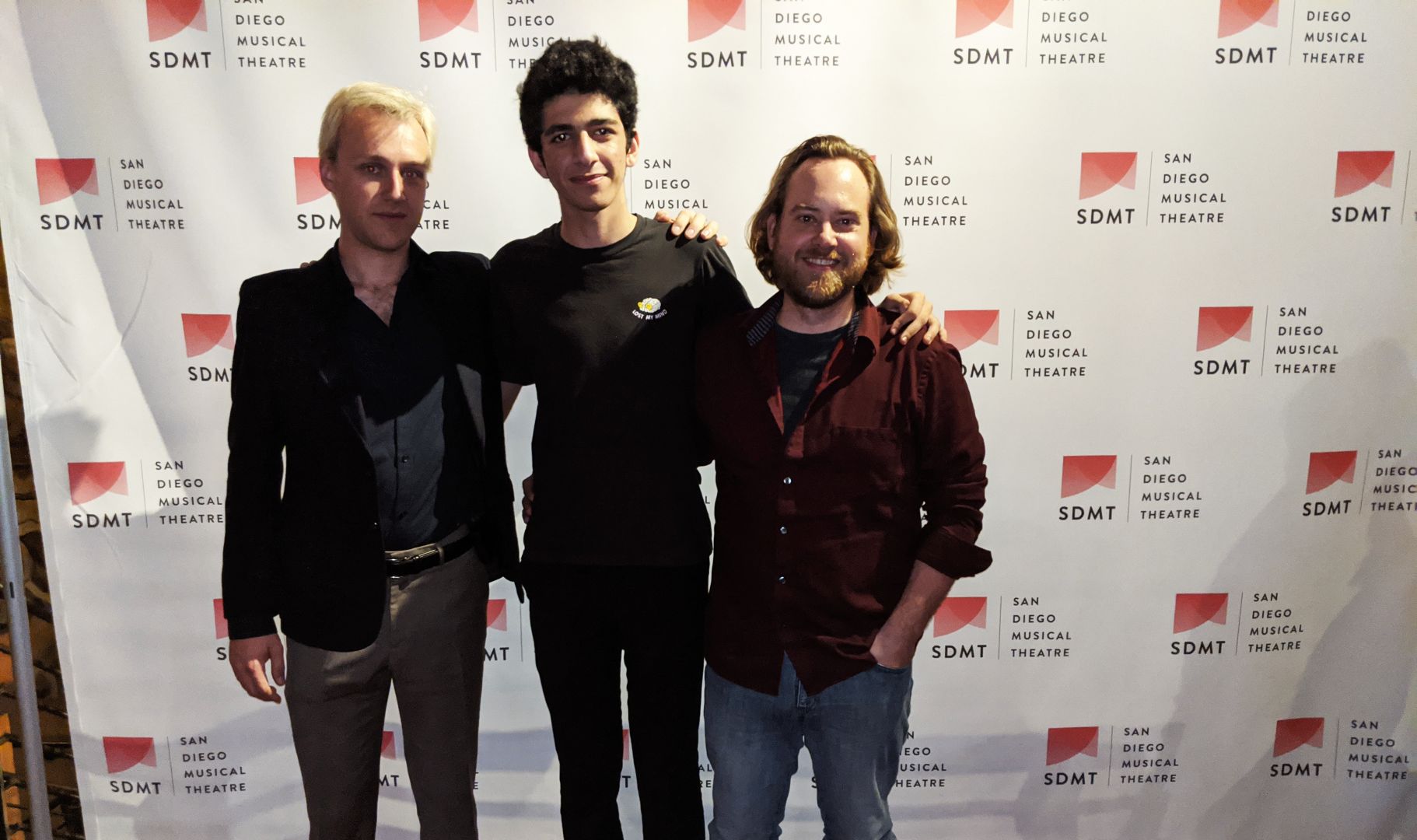
Website: https://www.jonfredette.com
Instagram: glib_reaper
Linkedin: https://www.linkedin.com/in/jonfredette
Youtube: https://www.youtube.com/channel/UC5TBI-Uvzq3RVHjITGGltvQ
